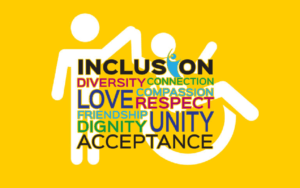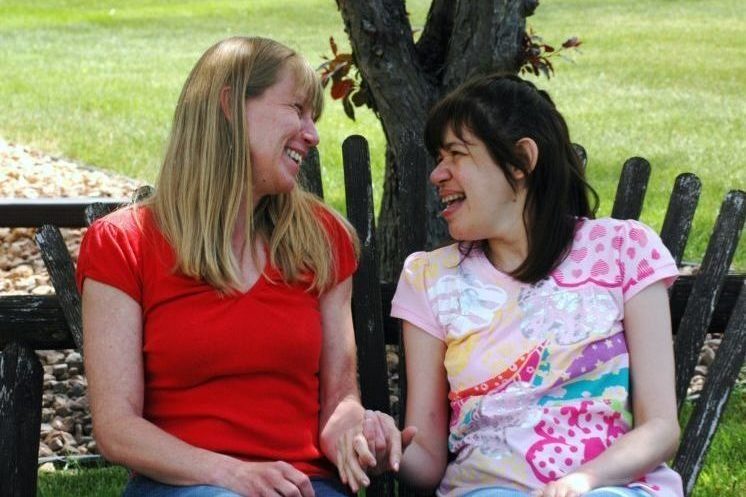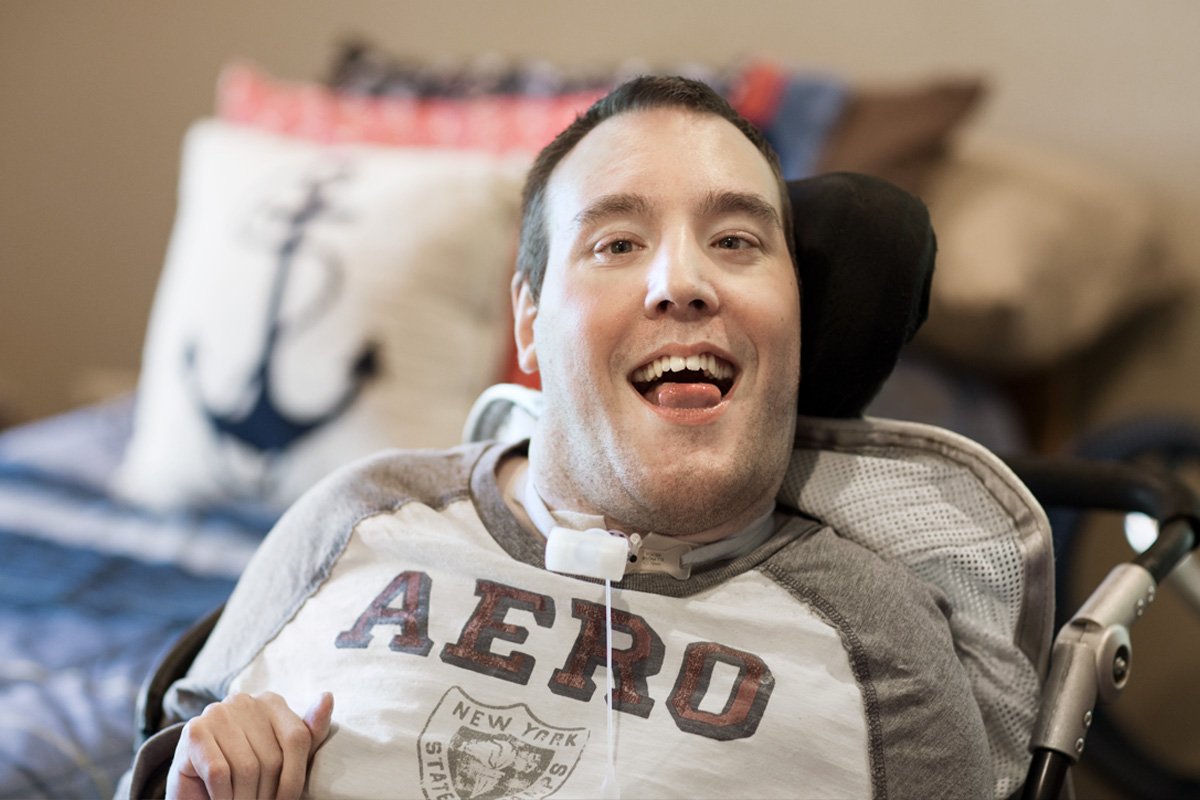CEO Corner
March 1, 2023

Every March, it is my turn to explain the Board of Directors and the Executive Department to readers of the Pathway.
Our philosophy here at HBI is simple–the employees who deliver services directly to the individuals being served are the most important employees in the organization. These include employees such as the nursing staff, Direct Support Professionals or DSPs, and the Program Managers, who manage services at the sites. The job of everyone else, including the corporate office, is to ensure that these staff have the tools and resources they need to do that job. These tools may include tangible things such as housing, food, vehicles, program and nursing supplies, and individual files. They may also include intangibles such as good training, necessary information, good direction, workable policies, and the proper licenses.
HBI’s Board of Directors provides governance, without which no organization can function. Governance can be broken down into three essential functions: oversight, supervision, and
planning. The Board exercises oversight over all of HBI’s operations, from financial to service delivery, by examining its work through written reports and at committee meetings. Its
supervision involves the hiring, monitoring and evaluation of me, the CEO. Finally, it plans for the future, so that HBI can adapt to changing circumstances.
HBI has an involved and energetic Board. There are ten individuals who serve on it, with a diverse group of talents. These skills include financial management, marketing, health care & disabilities, banking, & investment. Five of the members have relatives with disabilities. All members are volunteers and work hard–at least one meeting a month and sometimes more, with preparatory work thrown in. Volunteering for HBI’s Board takes a special person, for the time and intellectual commitments are huge. As you know, the business of disability services is complicated and highly specialized.
My job is deceptively simple–as the CEO I am to get done what the Board wants done and also to ensure the day to day operations of HBI. That means making sure that staff who deliver direct services have the tools to do so. To make all this happen, HBI has five units, or departments if you will, to organize the work.
The Directors of Finance & Property, Human Resources, Nursing, Training, Operations & Program, & Development report to me and are also heavily involved with their respective Board
committees.
Michael Perez works for me as the Program Administrator of Quality Assurance. Michael has a big job. He oversees our compliance with licensing and regulatory standards, as well as overseeing the quality of our service delivery. He participates in policy and procedure development. Michael also oversees our electronic service documentation systems.
Finally, working directly for me is the Project Manager, Andrea Reicks. Andrea has wide & varied duties, from helping to run the Executive office to managing special projects. She also helps to run our workers compensation program, where she manages employee injuries, coordinates with our insurance provider, and collects data on employee safety.
All of these individuals work out of the corporate office and can be reached by calling 763-525-3186.
_________________________________________________________________________
Development Disabilities Awareness Month
March is “Developmental Disabilities Awareness Month”! I wish to encourage those staff, families and individuals who receive services to share their knowledge and experiences with the public. This can be done in many different ways, from a quiet conversation to an active social media presence. Tell your story in whatever way you are comfortable.
This is the 28th year the United States has recognized and celebrated March as National Developmental Disability Awareness Month! On February 26, 1987 President Ronald Reagan
officially declared Proclamation 5613 making March the National Developmental Disabilities Awareness Month. It’s a nationwide event to raise awareness about full integration, inclusion and belonging. It emphasizes addressing the barriers to full community living, working and community participation.
The 2023 theme, Beyond the Conversation, focuses on the question, “what next”? With this theme, the National Association of Councils on Developmental Disabilities plans to highlight change and innovation – what individuals and communities are doing to move past discussions and take action on homes, education, employment, accessibility, and more.
Approximately 1.58% of Minnesotans have a developmental disability. Individuals with developmental disabilities are supposed to be able to make choices to live in homes and communities with people and service providers of their choice. This right is in grave danger with the residential system nearing a collapse, as the fallout from the pandemic and the workforce crisis creates a crisis of resources that the state is unwilling to meet. We must use every opportunity we have to educate our friends and neighbors, and the powers in St. Paul, about our stories, victories and the looming catastrophe. They must be made to see us!
~Don Priebe, Chief Executive Officer
News / Uncategorized /



